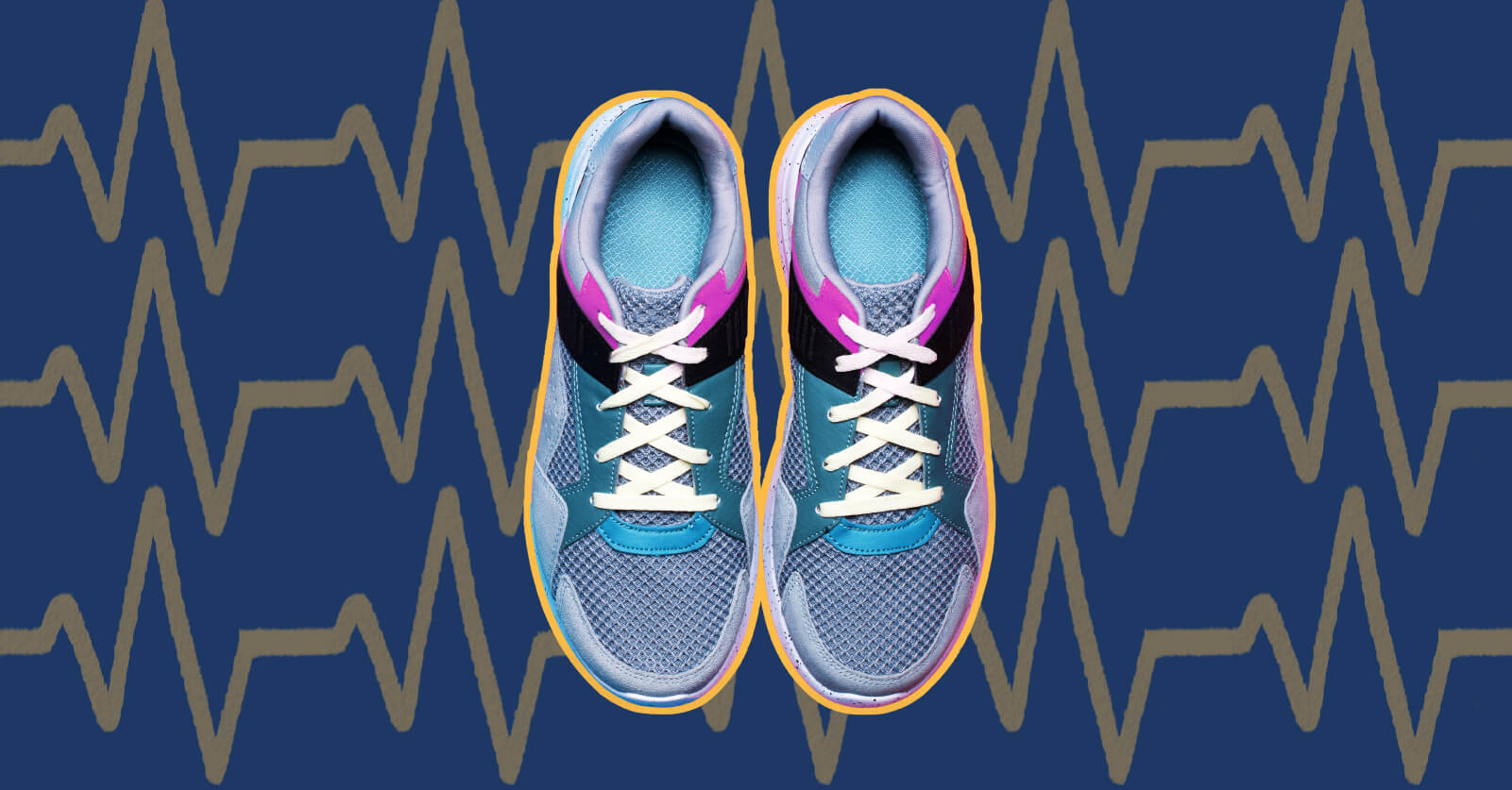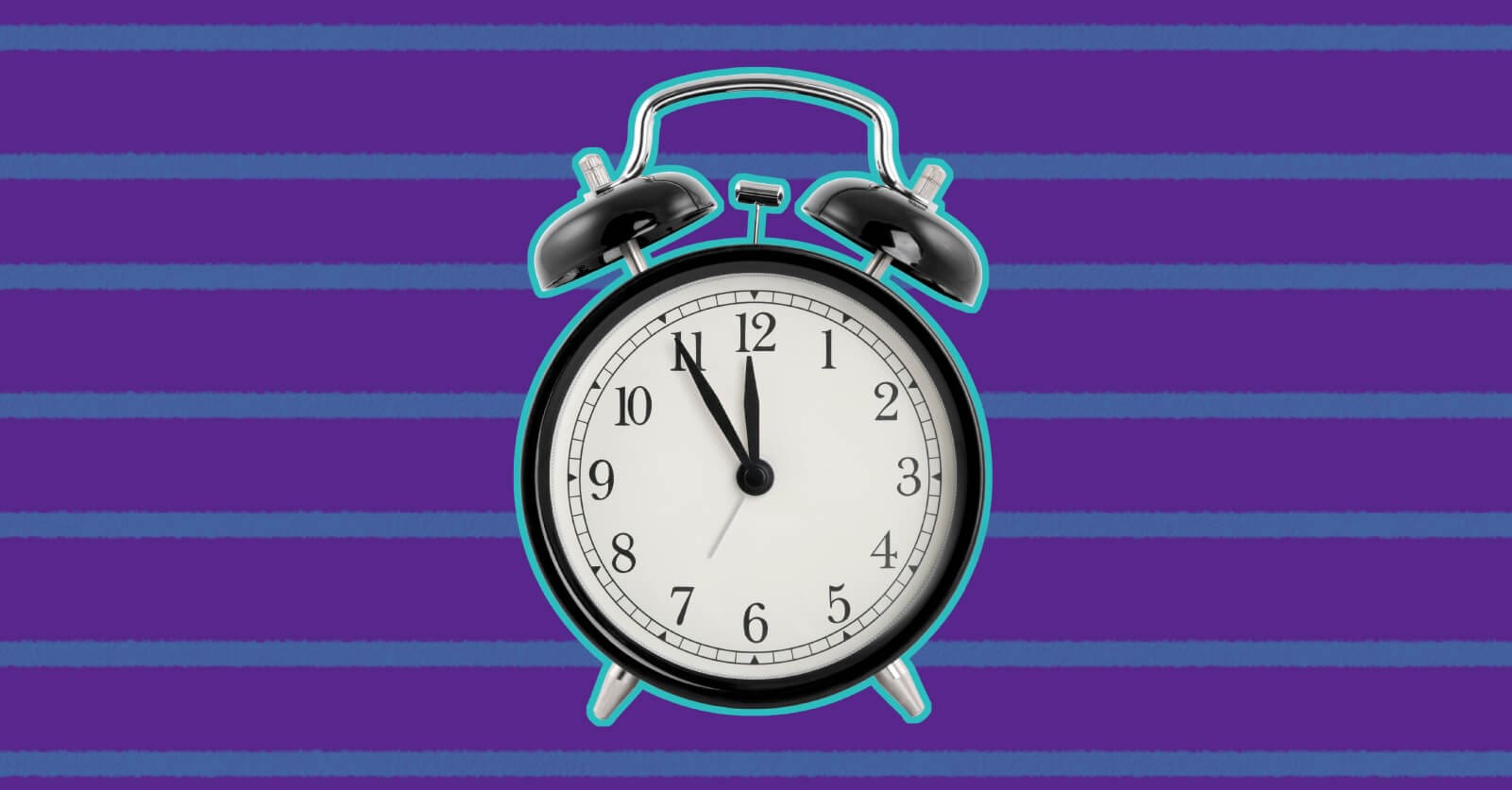WANT EVEN MORE HEALTHY IDEAS FROM SHAPE YOUR FUTURE?
Your day’s over.
It’s time to sleep.
Except you can’t.
You’re exhausted from chasing the kids around.
You’ve got that problem at work that’s bothering you.
The harder you try to sleep, the harder it gets, and worrying about how little you’re sleeping only keeps you awake.
Adults need 7 to 9 hours of sleep each night, and some succeed in hitting that number regularly — but for many of us, sleep is hard to come by, and we pay the price.
Here’s a road map to help you get better sleep nightly, and in turn, feel better every day.

Calm Your Mind:
Once your mind starts racing, it’s hard to make it stop.
With the stress of daily life serving as constant background noise, learning to calm yourself at the end of the day is important.
There’s a relaxation technique called cognitive shuffling that helps distract and unwind your brain:
When you feel too wound up in your thoughts, pick a word. Let’s say “sleep.”
- Think of the first letter: S
- Now think of a word that starts with “s.” Something like “star,” for example.
- Imagine what a star looks like.
- Now think of a word that starts with the second letter of “sleep”: L
- Maybe “lamb.”
- Imagine what a lamb looks like.
- Now think of a word that starts with “E.” Repeat until you fall asleep.
When you feel stressful thoughts creeping back into your brain, start picking words and shuffling thoughts again until you can relax.

A Little Movement:
One way to wear your body out for better sleep is at least 30 minutes of movement each day. Exercise speeds up your metabolism, lowers your blood pressure and reduces stress — the kinds of things you’ll need to get real rest.
You don’t need a gym membership to move — there are plenty of exercises you can do at home, like:
- Walking/jogging: Anything to get your heart rate up and your muscles moving.
- Jumping jacks: Relatively low-impact and an easy way to raise your heart rate.
- Push-ups: A body-weight exercise that uses the largest group of muscles.
- Squats: Like push-ups, but for your legs.
- Glute bridges: Good for your legs and core, and you can do them lying down!
- Planks: How long can you hold one? Long enough to work your abs and legs.
- Biking: Just a few minutes around the neighborhood can make a big difference.
- Playing with the kids: Not always something we think about as movement, but a game of tag, catch or HORSE can make a big difference.

Cut the Caffeine:
Cutting out soda and sugary drinks will have a profound effect on your health and your sleep. The closer you have something caffeinated to your bedtime, the more likely your body will be to move that bedtime back. Here’s how to cut back:
- Try and drink your caffeine before noon. The effects of caffeine take 5 hours to dissipate: anything in the afternoon is likely to keep you awake later than you want to be.
- If you’re an afternoon-cup-of-coffee kind of person, try water instead. It’ll wake you up — and hydrate you as a bonus!
- Try moving around a little if you’re feeling tired in the afternoon. Stimulating your blood flow by getting up from your desk and taking a short walk can wake you right up.

Skip Your Screens:
Scrolling through your social media feeds, texting friends or playing video games at night keeps your brain active when it should be winding down.
Give yourself an hour before bed without screens or tablets to help your brain prepare for sleep.

Make a Bedtime (and Stick to It):
Speaking of bedtimes, it’s time to make one. Our bodies work on a circadian rhythm (a fancier way of saying “a daily routine”), and when we practice healthy sleep routines, our bodies naturally fall into that rhythm.
Do you ever wonder why the kids keep waking up early on the weekends without an alarm?
Circadian rhythm. Your body gets used to doing certain things at certain times of the day, and bedtime is an important part of the process.
Here’s a few ideas to help you stick to that bedtime:
- Eat dinner earlier if you can. Eating dinner earlier may feel old-fashioned, but it gives you extra time to relax and tackle any remaining tasks, reducing stress before bedtime.
- Set a reminder: Program your phone’s alarm to go off an hour before bedtime, just as a reminder.
- Build a routine. Make a checklist to follow in order every night before bed.
- Try and get your kids to stick to their bedtime, too. Admittedly, this works better with younger kids, but if they’re going to bed at a regular time, they’re well-rested, too — and they’re not keeping you up.
If you’ve had a couple of nights where you’re feeling too stressed to sleep, try some of these techniques to help you get the rest you need!
Looking for more healthy resources for your daily and nightly routines? Head over to our blogs for fresh ideas.





